Профорієнтаційний захід викладачів кафедри економічної теорії факультету аграрного менеджменту
Профорієнтаційна робота була спрямована передусім для учнів 11 класів, яких у Ліцеї № 78 є три. Наталя БОЛГАРОВА представила НУБіП України, його інститути, факультети, спеціальності, за якими можна здобути якісну та престижну вищу освіту, зручне розташування студентського містечка та цікаве студентське життя, навчання та перспективи кар’єрного росту. Окрему увагу було приділено факультету аграрного менеджменту та запрошено на навчання за спеціальностями «Менеджмент» і «Маркетинг».
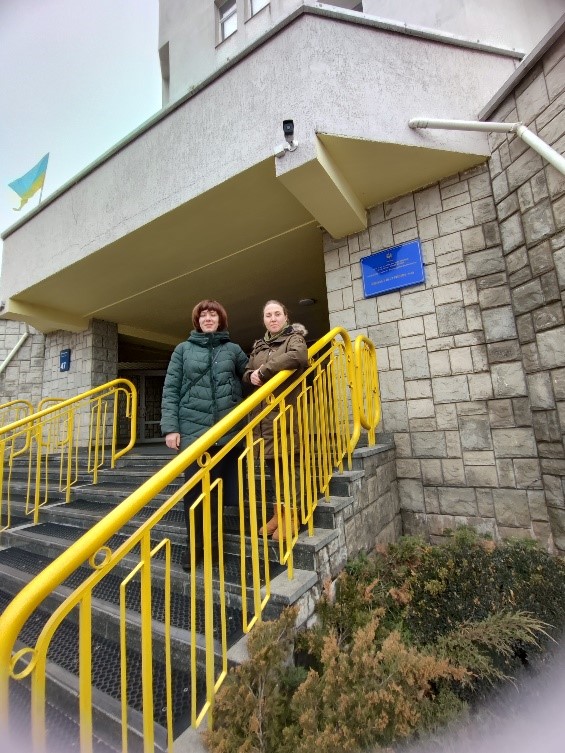
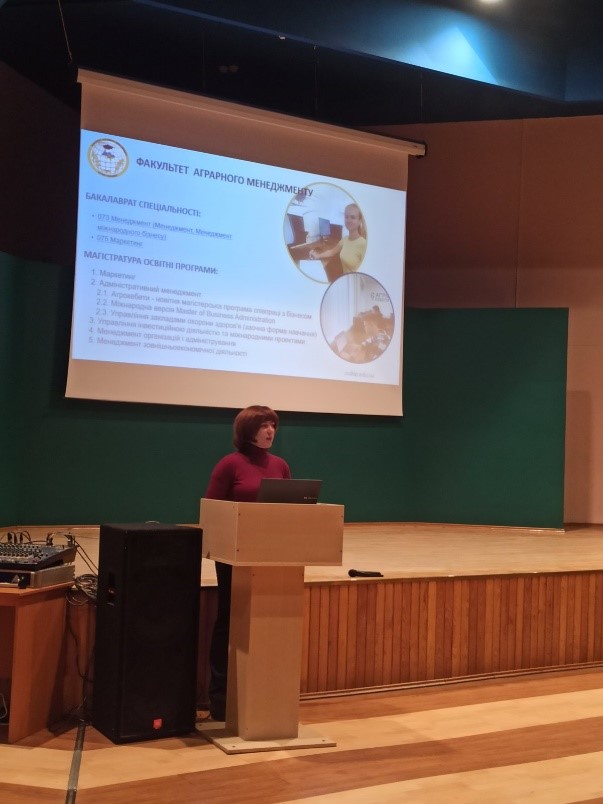
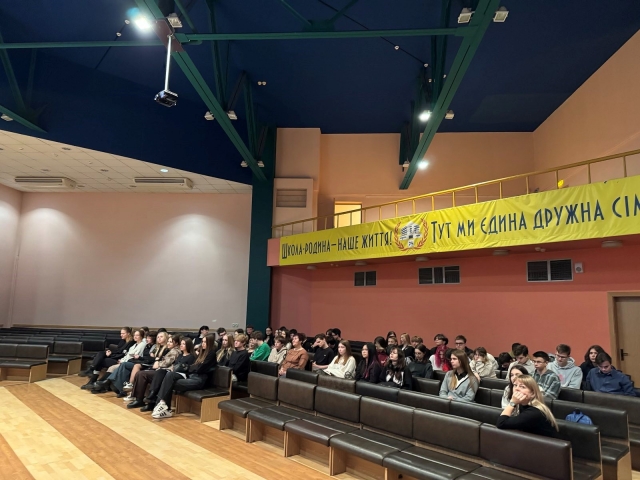
Інна ГУЩА розповіла старшокласникам про особливості освітніх програм за подвійними дипломами з університетами-партнерами, можливість навчання на кафедрі військової підготовки, про різноманітні культурні та спортивні секції, які працюють в нашому університеті.
Учні та вчителі подякували за надану актуальну та корисну інформацію.
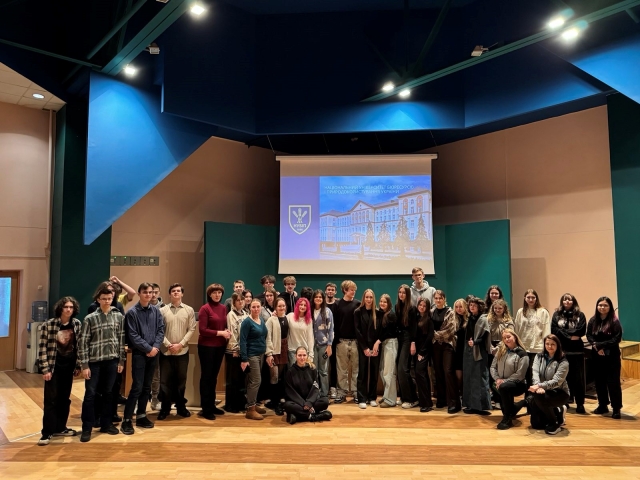
Після спілкування з учнями, викладачі провели зустріч із директором ліцею Світланою Леонтіївною Гаєвою, під час якої підписали договір про співпрацю та обговорили можливості та перспективи подальшої взаємодії, відзначивши, що такі профорієнтаційні візити зміцнюють зв’язки між ліцеями та вищими навчальними закладами, створюючи умови для обміну досвідом та організації спільних заходів та проєктів.
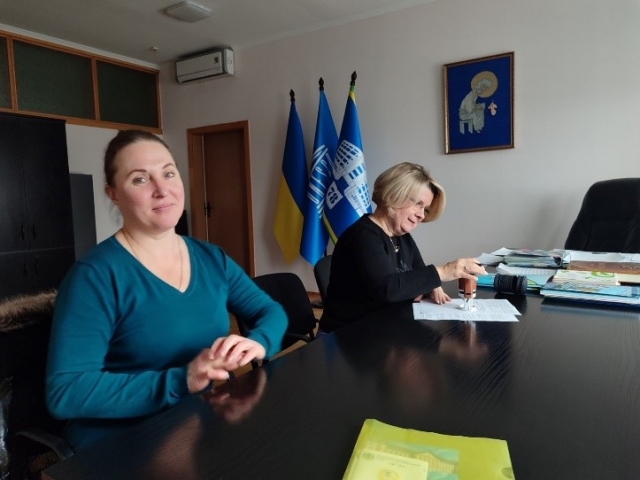
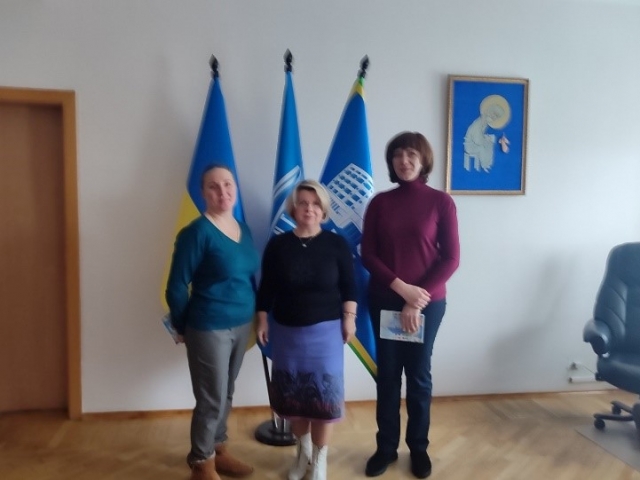
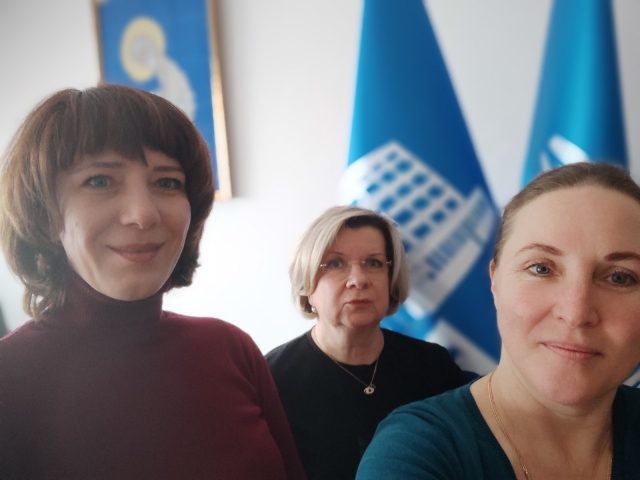

Ми щиро дякуємо директору Ліцею №78 печерського району міста Києва Світлані Леонтіївни Гаєвій за організацію зустрічі та теплий прийом!Бажаємо учням Ліцею №78 Печерського району успіхів у виборі свого фаху та подальшому навчанні!
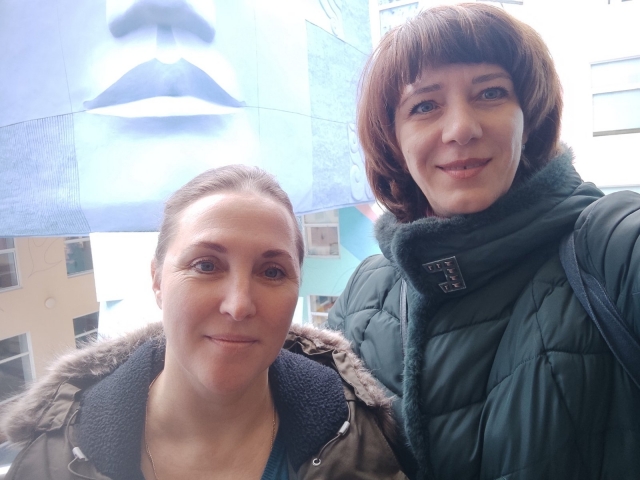
Інна ГУЩА, Наталя БОЛГАРОВА,
доценти кафедри економічної теорії